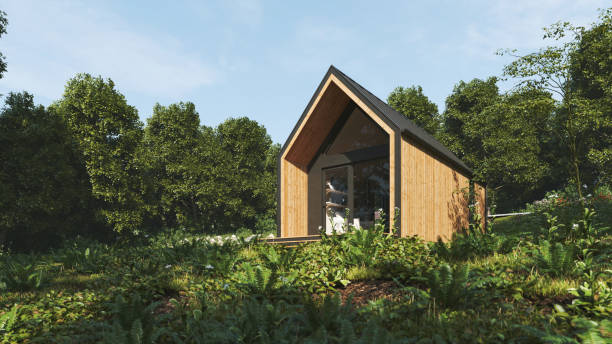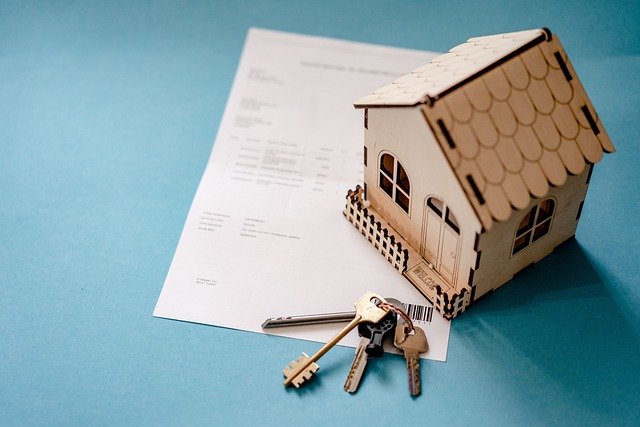Capitalizing on the Emerging Micro-Housing Trend in Real Estate
In recent years, a unique trend has emerged in the housing market that is gaining traction and transforming the way we perceive space and affordability - Micro-Housing. This article delves into the evolution of this trend, its present status, and its potential impact on the real estate market.

The Emergence of Micro-Housing
Micro-housing, or the concept of living in compact, efficient spaces, has its roots in densely populated urban areas where space is a premium. Over time, the concept has evolved and spread to other regions as people seek affordable, sustainable, and simpler living arrangements. The rise of minimalist lifestyles, economic factors, and environmental concerns have all contributed to the popularity of micro-housing.
Current Market Trends and Insights
The micro-housing market is currently on an upward trajectory. A blend of factors such as high housing costs, changing demographics, and shifts in lifestyle preferences have made micro-housing an attractive option for many. Millennials, in particular, are driving this trend, seeking affordable, centrally located living spaces that align with their values of sustainability and minimalism.
Advantages and Challenges of Micro-Housing
Micro-housing offers several advantages to investors and potential homeowners. For investors, micro-housing projects can yield a higher return on investment due to the potential for more units per square foot. For buyers, these homes can be more affordable than traditional housing while offering a unique lifestyle.
However, the concept is not without its challenges. Zoning laws and building regulations can pose hurdles for development. Additionally, the lifestyle may not suit everyone, particularly families or those requiring more space.
Impact on the Real Estate Market
The micro-housing trend has the potential to significantly impact the real estate market. As demand for micro-homes grows, developers may shift their focus towards these compact dwellings, altering market dynamics. This trend could also influence housing policies and urban development, encouraging the creation of more compact, efficient cities.
The Future of Micro-Housing
With the continued rise in housing costs and the growing popularity of minimalist lifestyles, the future of micro-housing looks promising. As technology advances and innovative solutions for space-saving and efficiency emerge, micro-housing could become an increasingly attractive option for homeowners and investors alike.
In conclusion, while the concept of micro-housing challenges traditional notions of space and comfort, it offers a unique solution to housing affordability and urban density issues. As the trend continues to gain momentum, it’s worth keeping an eye on this exciting development in the real estate market.




